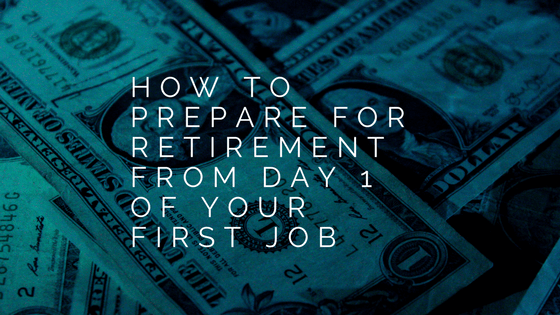Planning for retirement is something many people feel overwhelmed by. Younger generations, in particular, are often left out of the conversation and told to “figure it out”. However, there are a few great ways to take charge of your future from the first day you begin at a job.
Create a Budget
Budgeting is a wallet’s best friend. Understanding, realistically, how much you spend per month on bills, necessities, and recreation (prioritized in that order) is essential to planning for your future. It can also help you determine how much extra income you have to save for emergencies and your future.
Open a Savings Account
One of the easiest ways to save money is opening an account. However, opening the account is the easy part; stashing money into it is more important. Set yourself a monthly savings goal that works with your budget, and transfer that amount from your checking to your savings as soon as you get paid. If you are forgetful or don’t want to be held responsible for this, many banks set up automatic transfers that will immediately activate on a set date. This can be incredibly helpful for those just starting out since it takes the saving out of their hands.
Invest in a Roth IRA
Are you in a low tax bracket? Many recent college grads are, which makes them perfect candidates for a Roth IRA retirement plan. You get taxed up front, based on your tax bracket, and your future withdrawals are tax-free. This means that Future You will get exactly the amount of money in that account to use.
Save Your Tax Refunds
Instead of splurging on a vacation or an expensive gadget you don’t need, set aside those tax returns for retirement. Even if you don’t put them into a dedicated retirement account, you can still save them in a secondary savings account. The caveat is, if you save this money, you absolutely cannot spend it unless it is a legitimate emergency. Sometimes things happen, but emergencies are relatively rare, and if you’re budgeting wisely, you shouldn’t have to dip into your savings too often before your retirement. Even with unexpected costs cropping up, you should still be able to save a few thousand dollars before you retire.
Although investing in your future may not allow you to live as luxuriously in the present, you will thank yourself down the road. Preparing for retirement means you’ll have more comfort down the line, and you might not need to work after you retire. It’s better to be proactive about your future, so from the first day you get your first “adult” job, follow these steps to ensure future success.
Please visit SylvesterKnox.net for a new series based off of this article.

